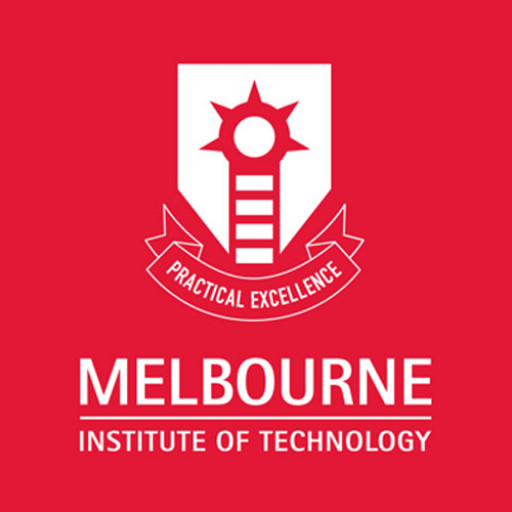Photos of university / #rmituniversity
In the program students will learn practices and technologies to increase efficiency, utilize renewable resources and lower the environmental and social consequences of conventional energy. Managing the transition from a sustainable energy sector is a priority for governments, the private business and the general community. Consequently, the demand for scientists and engineers with a post graduate qualification in sustainable energy is growing rapidly. This system offers a pathway for scientists and engineers, and people that have an alternate acceptable eligibility and significant industry experience.
- A Australian Bachelor degree (or equivalent international qualification) in engineering or science with vulnerability to chemistry or physics of energy (e.g. thermo-fluid science) disciplines with a GPA of 2.0 (out of 4.0) or equal to A few examples of relevant areas include mechanical, aerospace, manufacturing, automotive, chemical, electric and power, or electronics technology, industrial, civic, environmental, telecommunication, computer and IT
- or mathematics in physics or chemistry
- Or an Australian Bachelor degree (or equivalent international qualification) in any area with a GPA of 2.0 (out of 4.0) or equivalent, with relevant work experience or professional practice within the sphere of energy.


